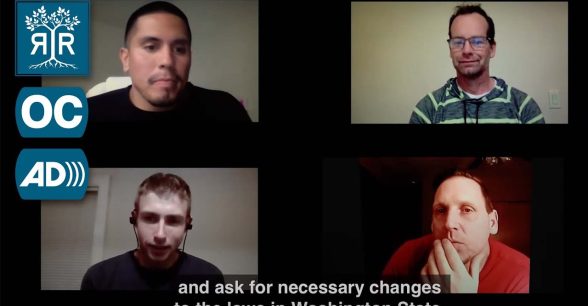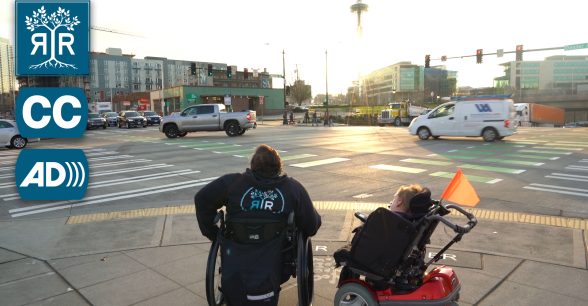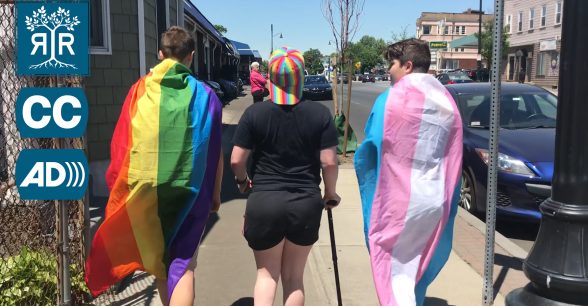Consent and Kids with Disabilities
Talking about consent may feel like a daunting task, but Daisy discusses why understanding consent is important for all kids, and especially kids with disabilities.
Guide & Resources
A Step-by-Step Guide to Talking about Consent with Disabled Kids!
You can use consent to promote a sense of physical empowerment in your kid by following these four steps!
- Always ask for consent before touching your child! Some ways you can ask for consent include, “Would you like a hug?”, “Can I give you a kiss?” or “Would you prefer a fist bump, high-five, or hug?”
- Communicate openly with your child about their physical wants and needs. If there’s a situation where a child needs to be touched for safety reasons (such as holding hands while crossing the street) make sure they understand why it is necessary for their safety, and be sure to reach a shared agreement about holding hands, so they still have a sense of control over their body in the situation. And if they still don’t give consent, there’s always another option–like having your child hold onto your backpack strap or sleeve while crossing.
- Teach your child how to ask for consent before touching others.
- Ensuring that your kid asks others for consent shows them that everyone has the right to personal autonomy over their own body! And it will help them learn how to set, negotiate, and respect personal boundaries with peers and authority figures alike.
- Encourage other adults in your kid’s life to always ask for consent.
- Talk to the doctors, teachers, relatives, and other adults in your kids lives about how to ask for consent. Doing so will help ensure that your child is getting a sense of ownership over their body from many sources, not just from their parent! And it may help adults interact with other kids in their lives as well.
- Report any suspected abuse.
- If you suspect that a child in your life might be experiencing abuse, contact the ChildHelp National Child Abuse Hotline by calling 1-800-4-A-CHILD. The confidential hotline can offer resources, advice, and support with how to proceed. Like I said, talking about consent is an important way to foster bodily-autonomy in children with disabilities, but it can’t necessarily stop abuse–it’s just one part of creating a healthy culture around bodies and boundaries. If you suspect something is wrong, you can get help.
Watch this video with your kid, Learn about CONSENT by Queer Kid Stuff
Read this article, Beyond the Talk: Teaching Your Kids About Consent
- A piece for parents by the Gottman Institute about consent as an ongoing dialogue
Check out this factsheet, Parenting Children and Youth Who Have Experienced Abuse or Neglect
- This factsheet from the Children’s Bureau of the Administration for Children and Family is full of information about how to parent young people who have faced any kind of abuse, including sexual abuse.
About Rooted In Rights
Rooted in Rights exists to amplify the perspectives of the disability community. Blog posts and storyteller videos that we publish and content we re-share on social media do not necessarily reflect the opinions or values of Rooted in Rights nor indicate an endorsement of a program or service by Rooted in Rights. We respect and aim to reflect the diversity of opinions and experiences of the disability community. Rooted in Rights seeks to highlight discussions, not direct them. Learn more about Rooted In Rights


